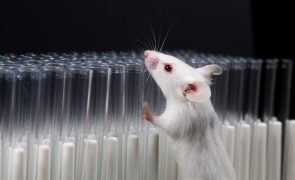Background
All medical devices, even when used appropriately, present a certain degree of risk to patients. Therefore, they have to be evaluated for their biocompatibility according to international harmonized standard ISO 10993-5 – Biological evaluation of medical devices, Part 5: Test for In Vitro Cytotoxicity.
Customer need
GENERI BIOTECH was approached by a leading manufacturer of medical devices such as needles, cannulas and lancets with a special request – some batches of their products failed in the compulsory cytotoxicity test performed elsewhere and they wanted another laboratory to re-test the non-complying products to find the reason behind the encountered problem.
The solution
After receiving nonconforming batches of needles from the manufacturer, we divided them into smaller samples and performed the in vitro cytotoxicity tests with the sample extracts using very sensitive quantitative XTT assay. To our surprise, there was a substantial inhomogeneity in the obtained results – some of the samples passed the cytotoxicity acceptance criteria whereas others failed. To address the discrepancy, we established a thorough communication with the customer to understand every step of the needle manufacturing process. We have revealed that the source of the cytotoxic substance in the needles most probably stems from the washing step, during which the disinfectant is not completely rinsed out and the traces which remain in the needles cause the unwanted cytotoxic effect. Adjustments in the washing step by the company ensured that all batches received afterwards complied with all regulatory criteria.
Customer benefit
GENERI BIOTECH provided extraordinary service beyond the regular cytotoxicity testing – by detecting the irregularities within the needle batches and deciphering the source of the cytotoxic disinfectant substance, we helped our customer to save time, money and additional cost they would have spent on further cytotoxicity testing.
Published by: Kateřina Dolečková, Ph.D.
August 2019
E-mail


